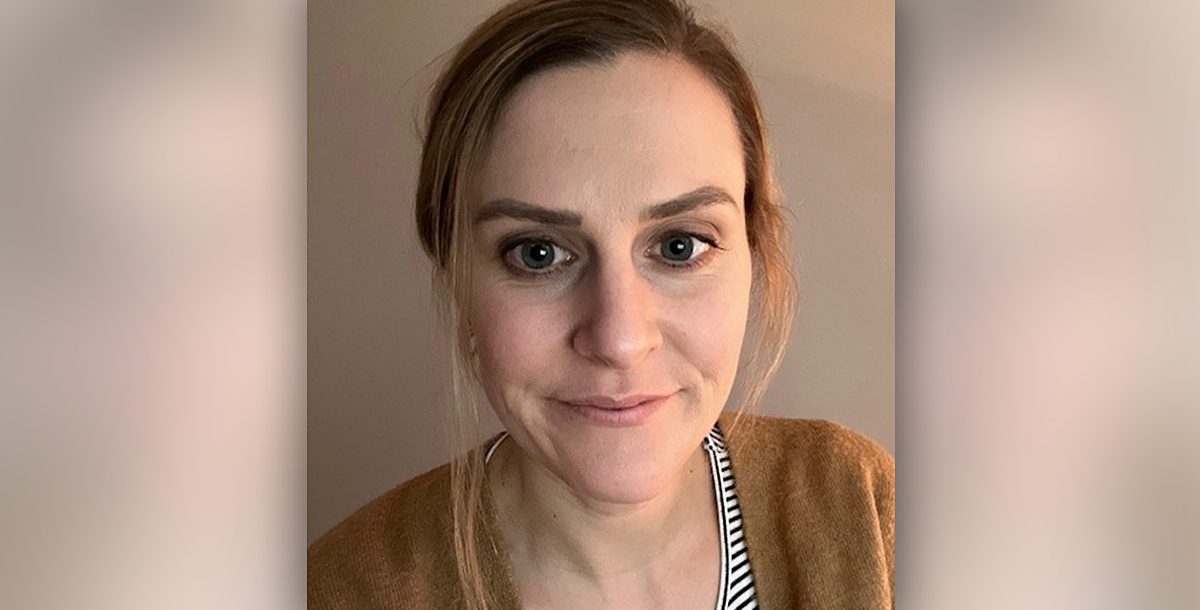Hospice care provides compassion and comfort to patients with life-limiting illnesses.
From heart and liver disease to cancer and Alzheimer’s disease, there are many illnesses that qualify for hospice care services. Every patient’s journey to hospice care is different, but understanding what hospice offers can empower patients and their loved ones to ask questions and make thoughtful choices about their futures.
“Hospice care neither hastens nor postpones death, Clare Berry, outreach coordinator at Mercy Health – New Life Hospice, explains. “There are various levels of personalized in-home and inpatient care focused on what’s most important to the patient and their family. Patients with life-limiting illnesses or those with diseases that can’t be cured who might be considering hospice should talk to their doctor and share their goals, hopes and fears. Together, they can discuss the options available to the patient that best meet their wishes.”
Our hospice care providers manage pain and symptoms, while also helping patients cope with end-of-life decisions. At New Life Hospice we specifically offer three levels of compassionate care that include acute inpatient care, respite care and routine care.
Studies show that most patients prefer to be in a place that’s familiar and/or comfortable. This can be their own home, a home of a loved one or even an assisted living facility. If staying in one of these settings isn’t an option, there are also inpatient services available.
“Patients and their families often wonder when they should be considering hospice,” Clare shares. “The answer to this question is when the patient no longer wants to receive treatment for their illness, there are no additional treatment options available, the patient’s life expectancy without treatment is months, not years, and their pain and symptoms aren’t manageable. These are all situations you can discuss with your provider or a hospice provider, whether you’re actively considering hospice or you just want to understand what options exist for the future.”
In addition to caring for patients, hospice offers support for a patient’s loved ones.
Education, counseling, support groups and bereavement support are all ways in which hospice care provides grief support to family and friends of patients.
Clare adds, “as family members and friends offer love and support to their loved one being cared for in hospice, they sometimes need love and support, too. New Life Hospice proudly offers those support services to loved ones as they help the patient on this journey or as they manage their own grief. Family and friends may not always know that we can care for them too, but we can be a support system for them.”
What’s most important on anyone’s hospice care journey is focusing on what matters most to you and your support system.
That may be anything from understanding the care that’s available to you before you need it to staying in the comfort of your own home once you do.
“There’s no greater honor than being able to care for a patient as they near the end of their life,” Clare shares. “In addition to treating their symptoms, we are committed to offering peace, comfort and courage as they face this journey with their loved ones and we are with them every step of the way.”
Learn more about the hospice care services we provide at Mercy Health.






